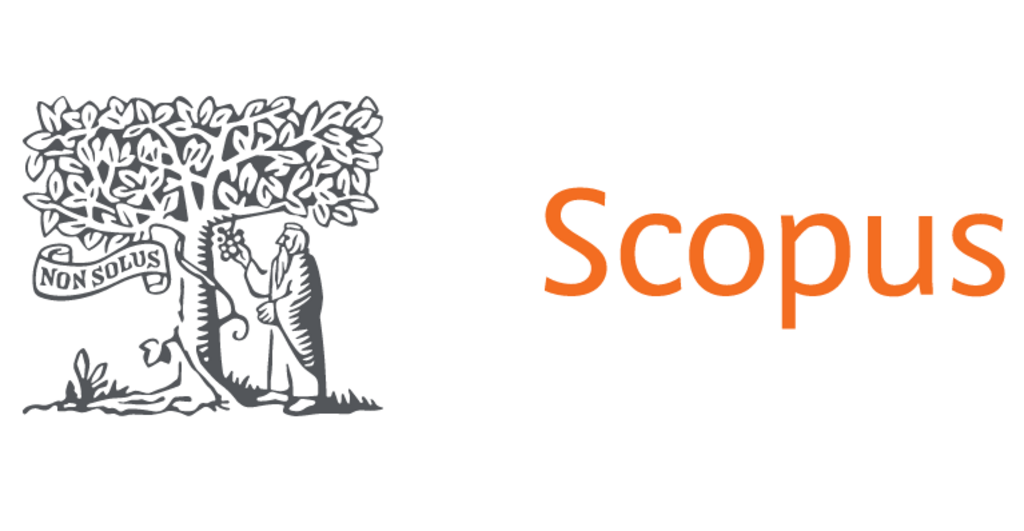Può un credente studiare la storia?
Abstract
Sommario: I. Introduzione. II. Credente. III. Studiare. IV. Storia.
L’articolo tenta di rispondere alla domanda posta dal titolo attraverso il ricorso ad una prospettiva che assume la relazione come criterio di comprensione sia della fede, che caratterizza il soggetto, sia della storia, in quanto oggetto di studio. In tal senso l’epistemologia necessaria per un approccio non riduzionista o positivista alla storia stessa richiede la coerenza del metodo con la realtà sottoposta ad indagine. Il metodo storico-comparativo è, così, proposto, a partire dalla prospettiva filologica di Christian Gnilka e da quella teologica di Joseph Ratzinger, come via praticabile per giungere ad una ipotesi di risposta positiva alla domanda affrontata dal testo.
The article tries to answer the question posed in its title through an approach that moves from the relation as fundamental criterion for the understanding of both faith, which characterises the subject who studies history, and history itself, as object of the research. This means that a non-reductionist and non-positivist epistemology to historical studies implies a coherence between the methodology of the research and its object. The comparative historical method is proposed, both from the philological perspective of Christian Gnilka and from the theology of Joseph Ratzinger, as a viable path which can bring to a positive answer to question studied in the paper.








